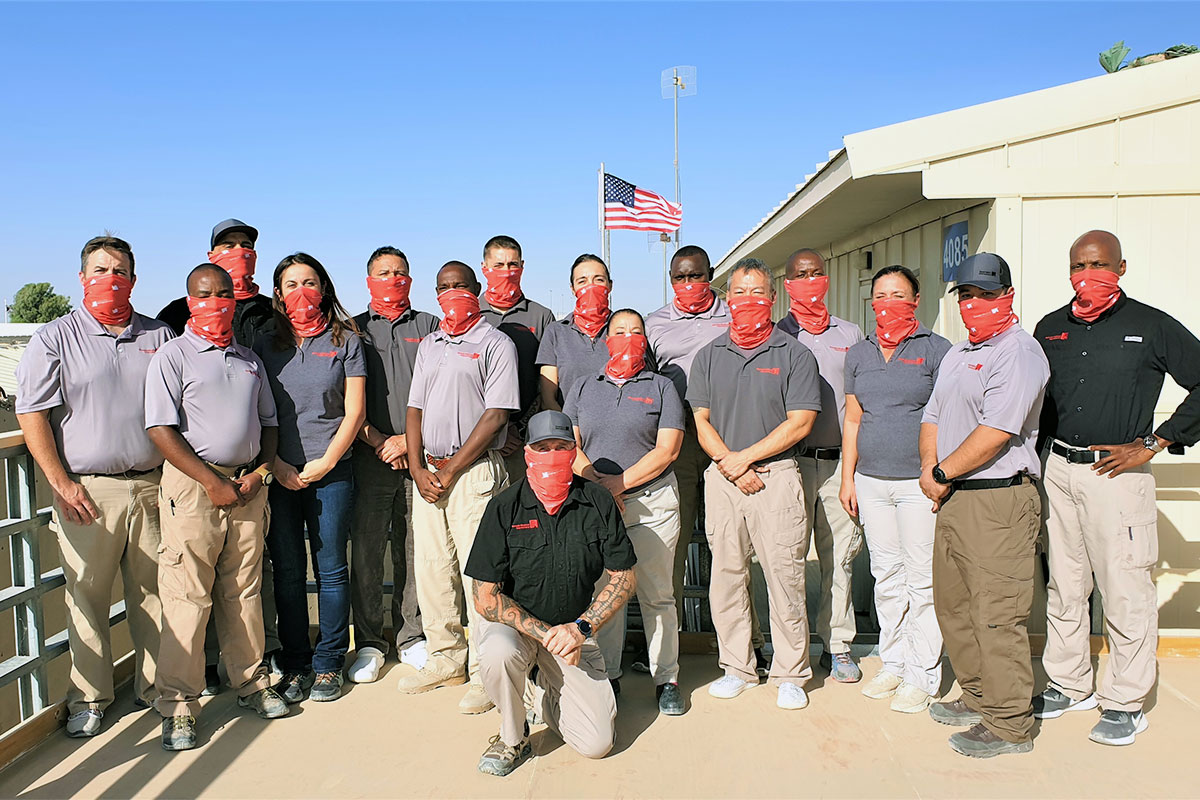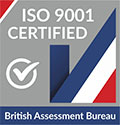In 2006, Remote Medical International® designed the Remote Medicine for the Advanced Provider™ (RMAP) course for ALS providers interested in working professionally in remote settings. For the past six years, we’ve provided paramedics, physicians, nurses, physician assistants, nurse practitioners, and special forces medics with the knowledge they need to take their medical training to the next level. Whether working offshore, responding to disasters, or conducting search and rescue missions, RMAP students understand that their work poses unique and challenging medical scenarios. As the innovative leader in wilderness medical training, we take all the steps necessary to ensure that our curriculum reflects the latest research and primary references.
After six months of curriculum review, we are proud to implement updates in our RMAP structure and curriculum. Best practices and evidence-based research selected by our ALS-staffed Curriculum Committee will be introduced this fall as we continue to provide the leading edge in advanced remote medicine. Updated student manuals will be used in tandem with an increase in experiential learning. The RMAP will include more hands-on case study and scenario-based learning. Women’s health, for example, will now be taught using a case study format while the lightning segment will be instructed through a comprehensive scenario. Trauma and orthopedics will be presented through extensive evening labs that allow students to learn in an active and engaged environment.
RMAP instructor Amber Valenti, PA-C, served on the Curriculum Committee and is excited to enact the improvements. “RMAP curriculum trickles down evidence-based information to the rest of our courses,” said Valenti. “These changes will greatly increase the knowledge of not only our advanced providers but all RMI students.”
With students varying from ER nurses to trauma surgeons, Valenti believes that the diverse knowledge-base of RMAP students will strengthen the course’s group learning format. The new updates, she says, will allow instructors to better cater to the strengths and weaknesses of individual students.
From field dentistry and anesthesia to altitude illness and surgical procedures, all of the RMAP’s advanced content remains embedded in course curriculum. With the new updates, we look forward to providing you with the current information and experienced-based learning necessary to provide the best care in the worst situations.


